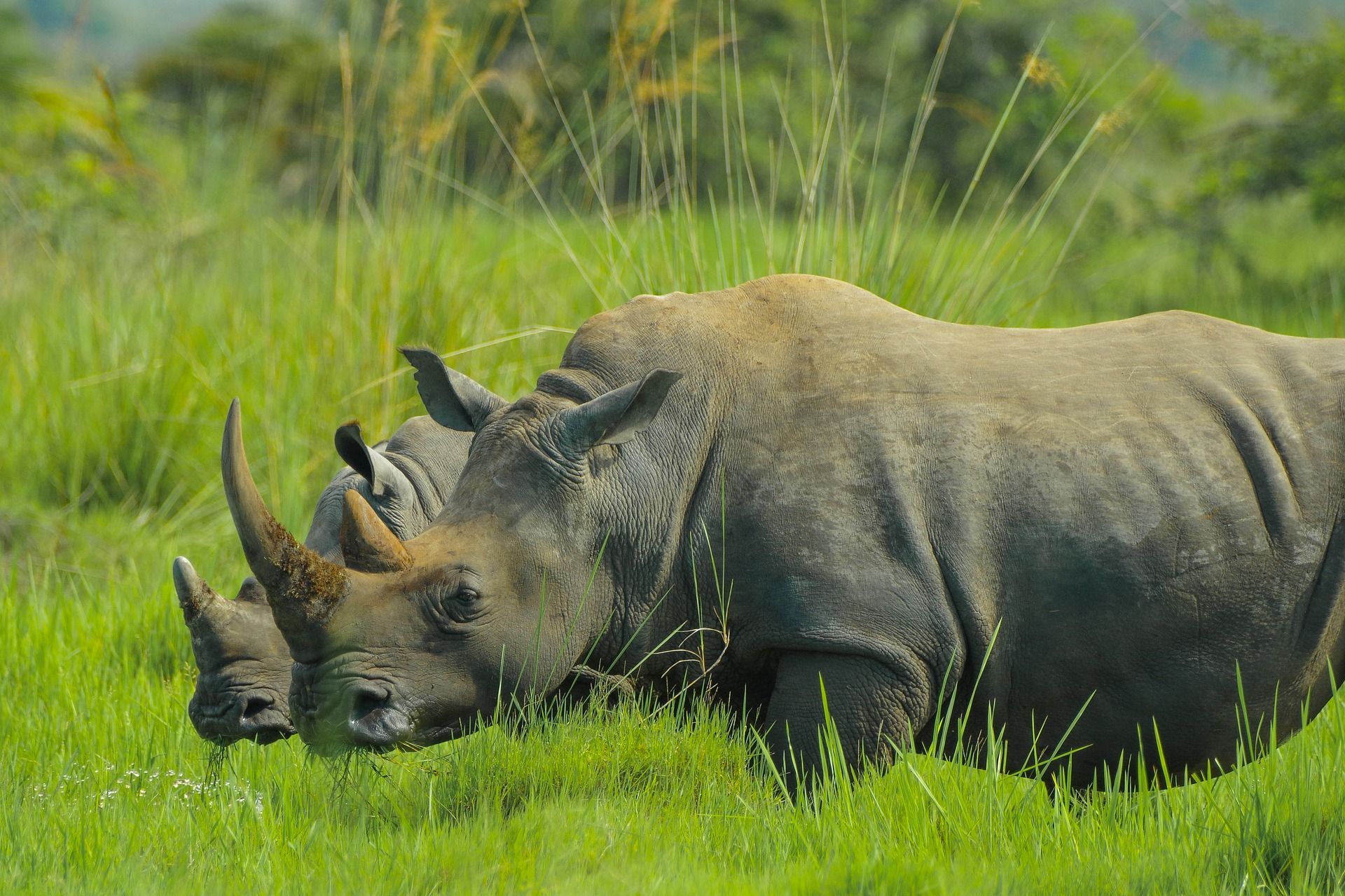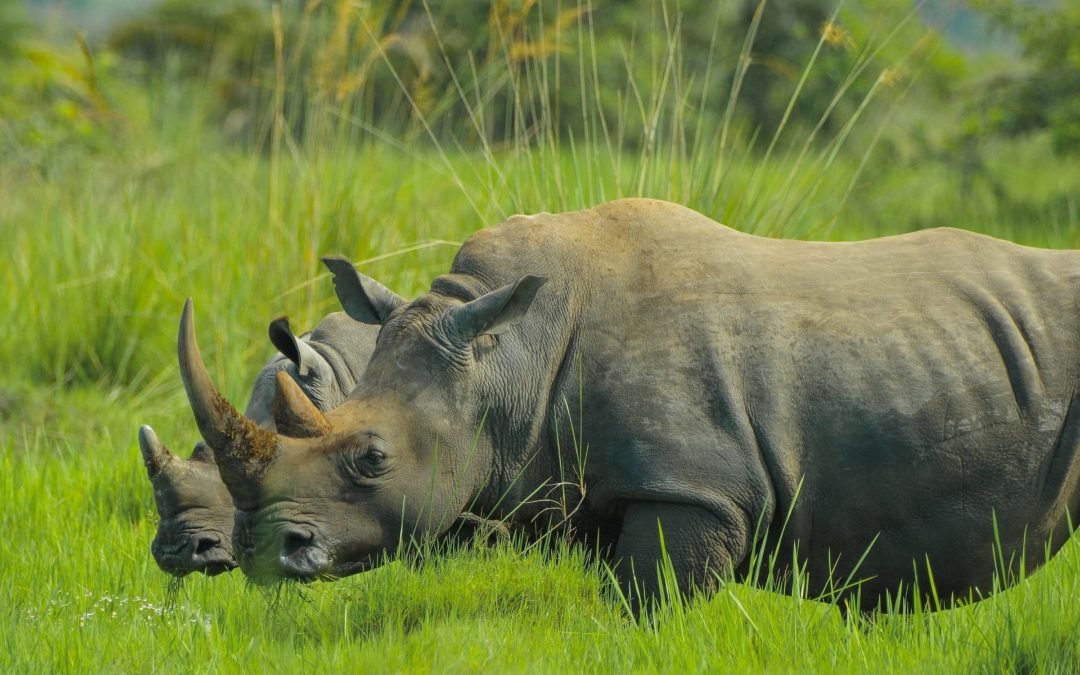
2020 was a good year for the wild animals in Kenya. The number of shot elephants fell from an average of 350 per year during the previous five years to 11 in 2020. And no rhino fell victim to the poachers . Something that has not happened in 20 years.
What has led to the success is better intelligence work and closer cooperation between animal welfare organizations and local people.
-Through my teams, I have intensified our intelligence-led efforts against poaching while we have strengthened cooperation with the police and locals, says John Waweru, head of Kenya Wildlife Service in a comment to the BBC.
The progress is so great that the Kenya Wildlife Service , which is responsible for the protection of wildlife in the Kenyan reserve, now believes that they can eliminate all poaching in nature reserves. One step towards coping with this is to mark all the rhinos, which the Kenya Wildlife Service has now started with.
The marking must make it possible for the guards to identify each individual rhino and thus be able to follow all rhinos better. In addition, the horns of all rhinos must be marked with small transmitters so that the guards can quickly find poachers who have cut off the horn.
And it is not only in Kenya that the rhinos did better last year. South Africa still has problems with poaching rhinos, but the number of deaths has steadily decreased over the past six years . In 2020, 33 percent fewer rhinos were killed, 394 against 594 in 2019.
Now the restrictions during the pandemic may have made it more difficult for poachers to move unnoticed in the reserve, but it still shows that it is possible to reduce poaching and hopefully eliminate it completely in the future.





